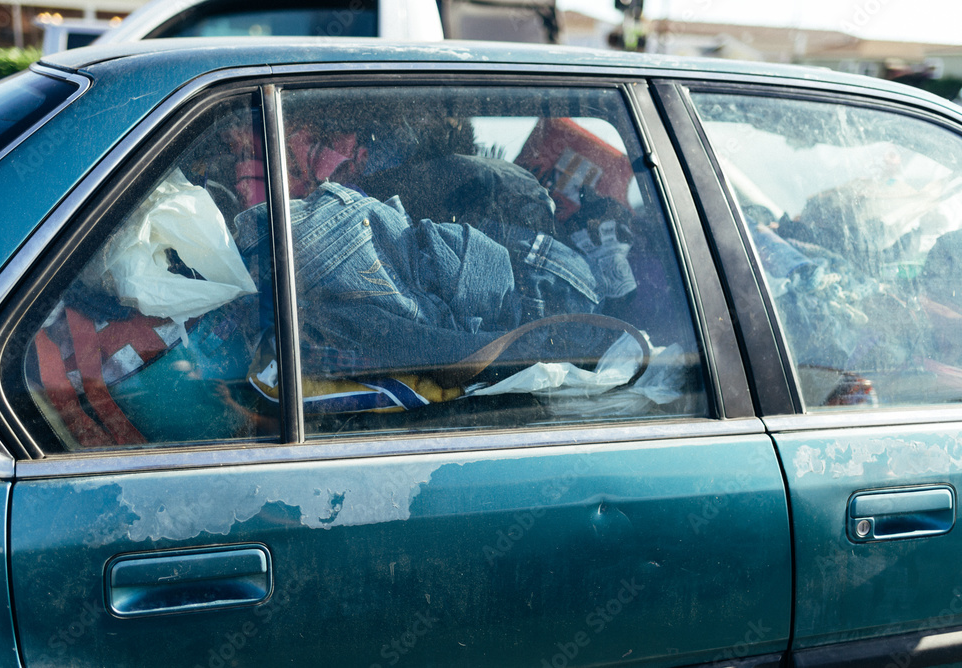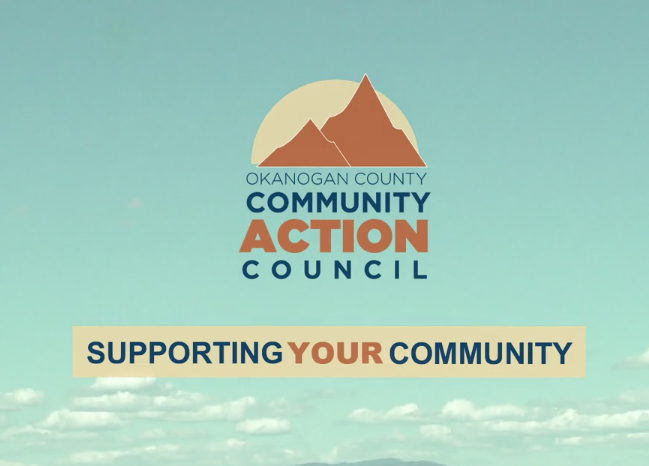As the days get shorter, the leaves start changing colors and the overnight temperatures drop, thoughts turn to our community members that are considered homeless. Did you know that Department of Housing and Urban Development (HUD) describes being homeless as a “an individual who lacks a fixed, regular, and adequate nighttime residence; and an individual who has a primary nighttime residence that is a supervised publicly or privately operated shelter designed to provide temporary living accommodations…”.

During Okanogan County’s annual Point-In-Time Count (PIT) in January 2023, OCCAC staff, community partners and volunteers collected over 600 forms for people in our community that consider themselves homeless. Due to HUD’s broad categories of that definition, only 290 were accepted. What that means is that on January 26, 2023, almost 300 community members of Okanogan County slept in a place that is not meant for habitation (usually a car, abandoned building, or park bench) or were in an emergency shelter. Three hundred too many!
OCCAC currently utilizes local motels for shelter, but that isn’t stable. Housing stability is real issue in our very rural area that needs, at minimum, 2000 units of affordable housing. The annual PIT Count doesn’t take into consideration people who are couch-surfing, temporarily staying with friends and/or family, multi-generational families living in small 1–2-bedroom homes, or people living deep in the rural areas in encampments. Okanogan County is in a housing crisis, like every other county in the state, and OCCAC is doing what we can.
We utilize motel rooms when we can, but there aren’t enough. We utilize the emergency overnight shelter, but it isn’t big enough for everyone. We give out tents, sleeping bags, hygiene supplies, blankets, but who wants to sleep in a tent in freezing weather? What we need is affordable housing, living wage jobs and stability for homeless community members. Because that is what we are, a community. If you would like to help, please reach out to OCCAC and volunteer for the annual PIT in time count, donate to OCCAC, or better yet, talk to your neighbors, county, state officials and tell them we want affordable housing to be a priority in Okanogan County.





